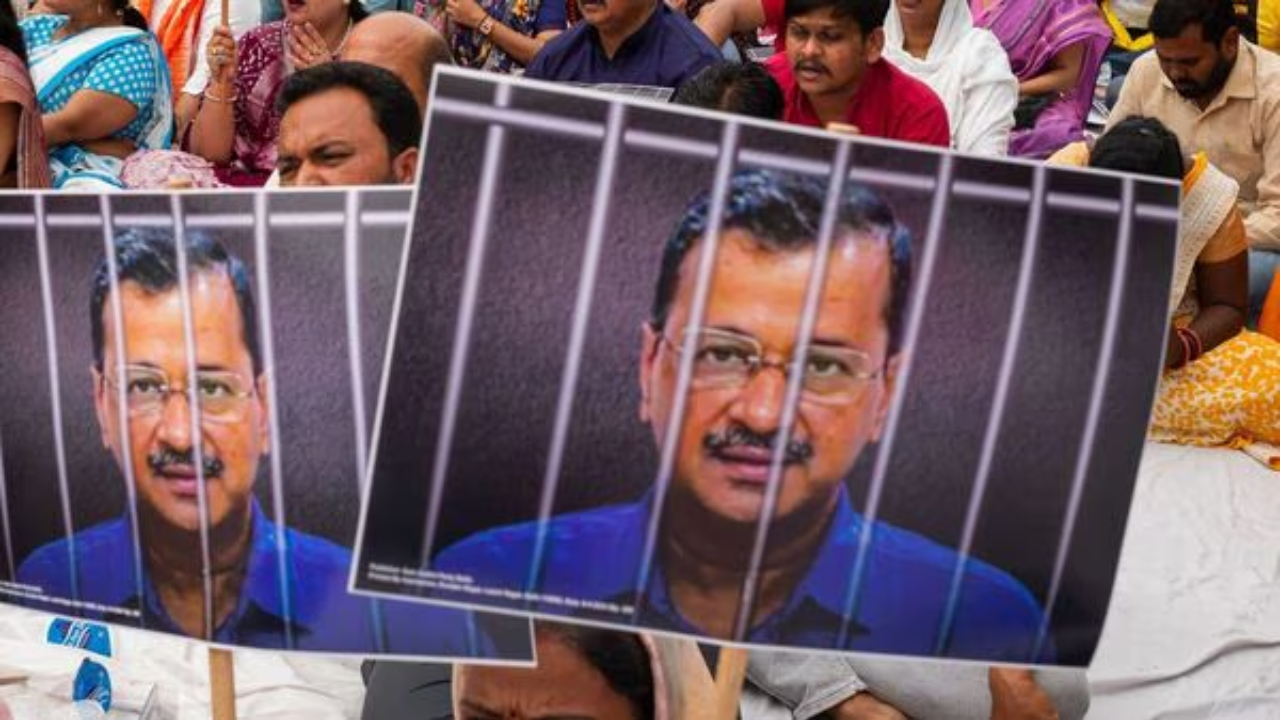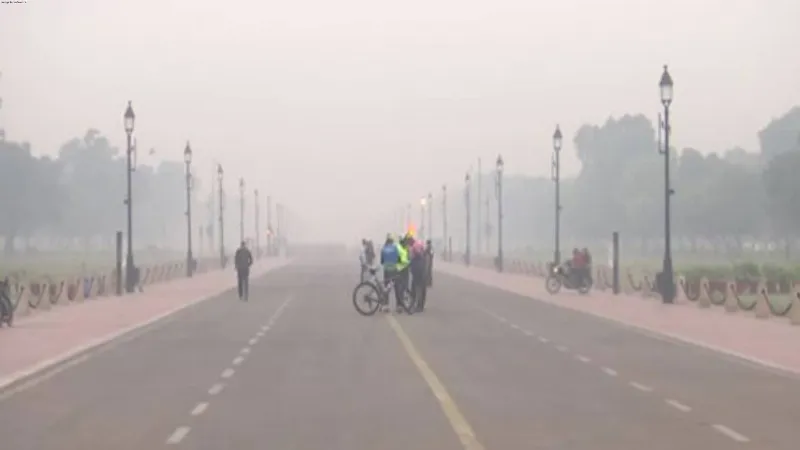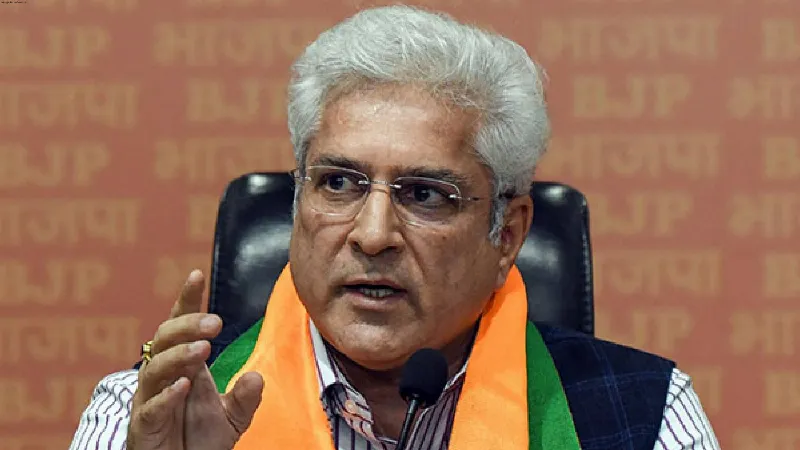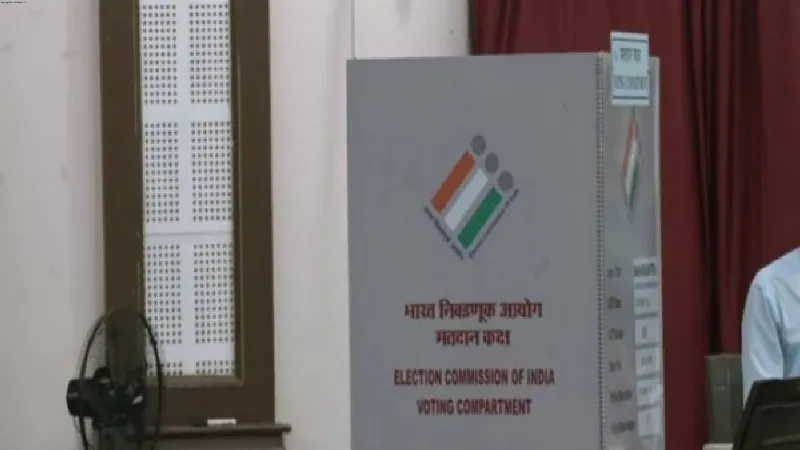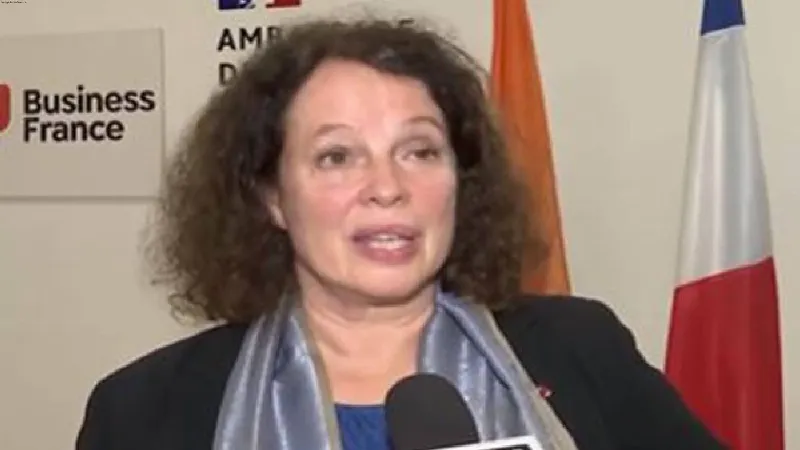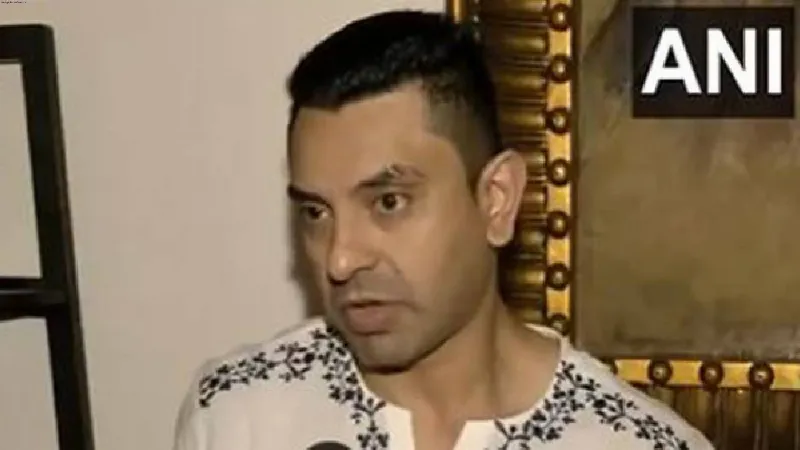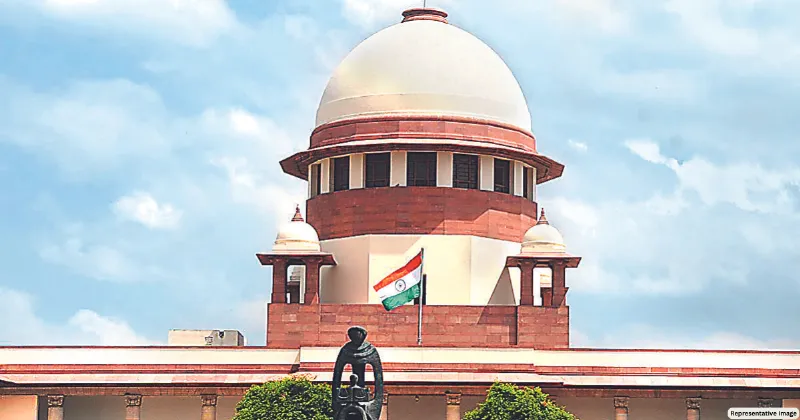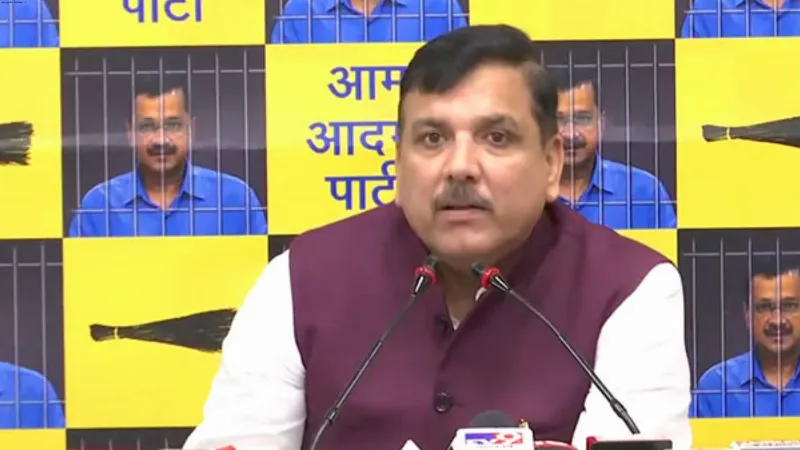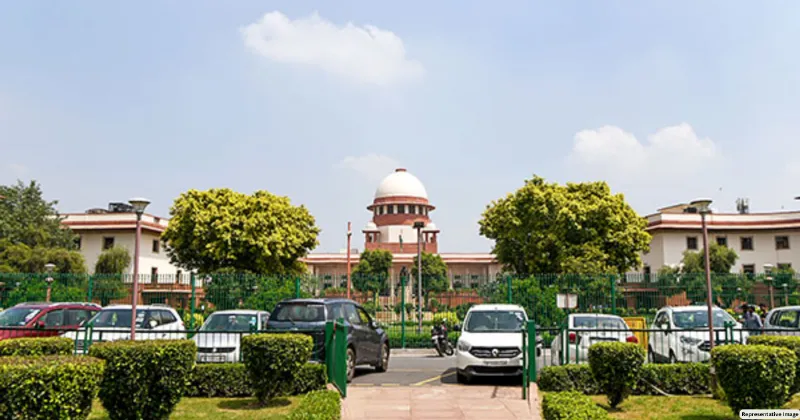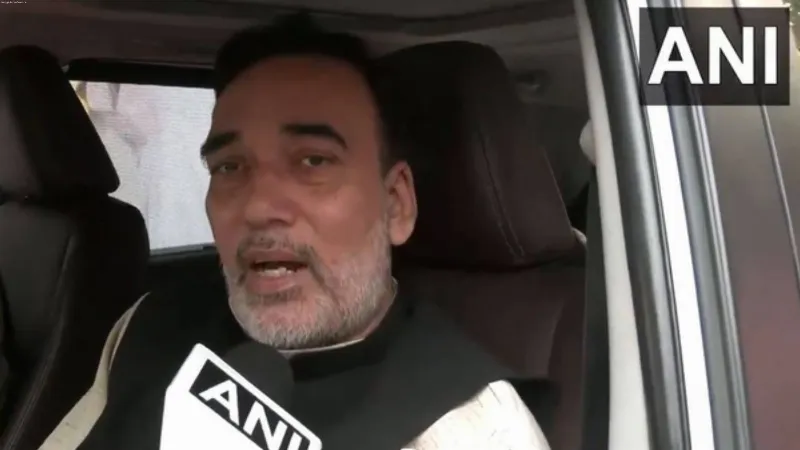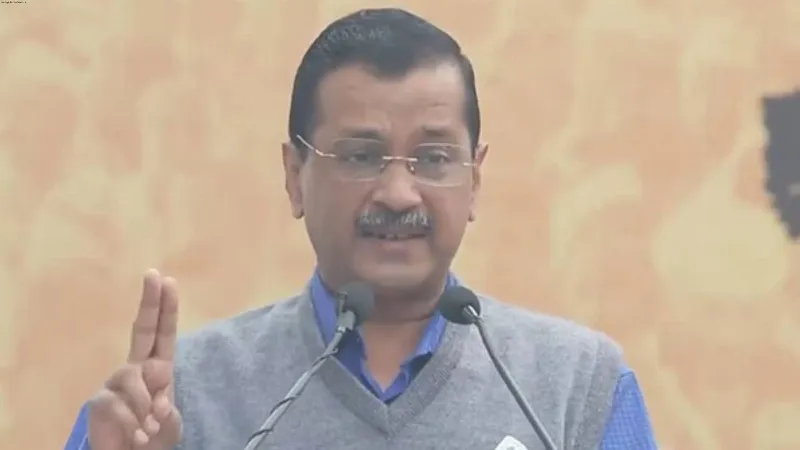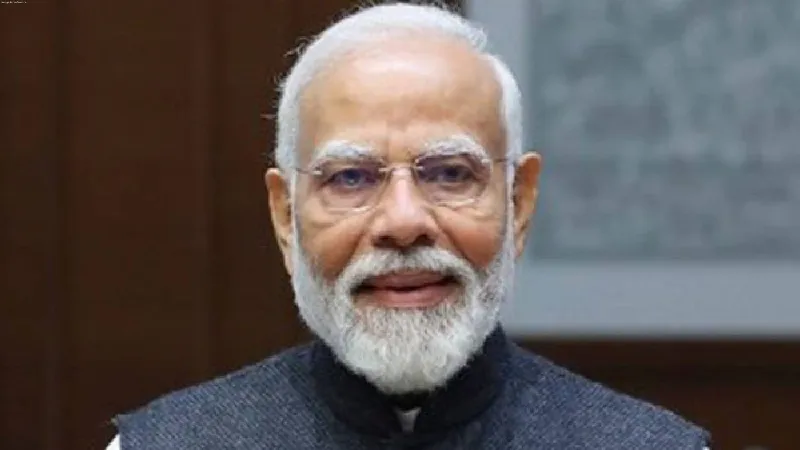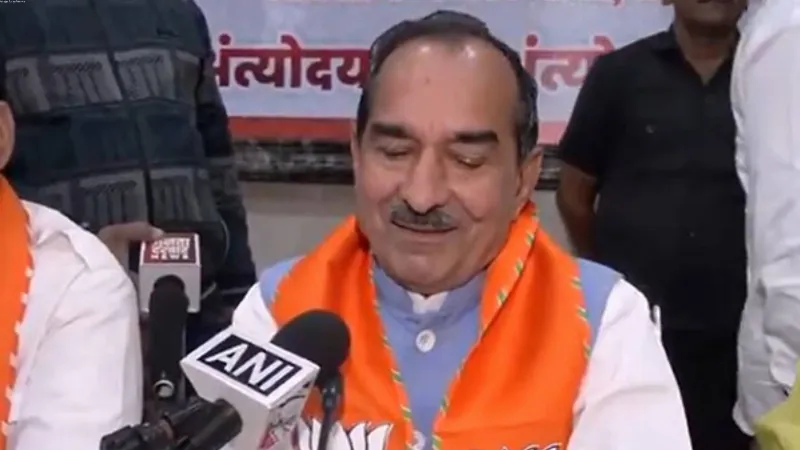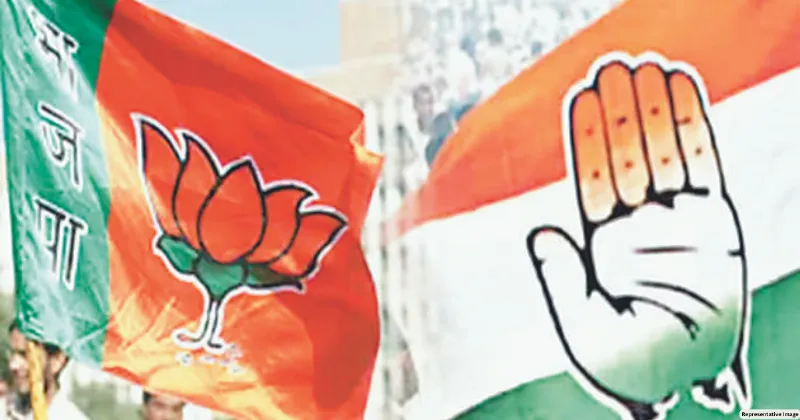New Delhi: Delhi Chief Minister Arvind Kejriwal will move to the Supreme Court against the decision of the Delhi High Court dismissing the plea challenging his arrest by the Enforcement Directorate in the Excise Policy money laundering case, sources said on Tuesday.
According to sources, the Aam Aadmi Party does not agree with the decision of the Delhi High Court.
The Delhi High Court on Tuesday dismissed Chief Minister Arvind Kejriwal's plea challenging his arrest by the Enforcement Directorate in connection with the excise policy case and said that Kejriwal's arrest is not in contravention of Law and remand can't be termed "illegal".
The bench of Justice Swarna Kanta Sharma said, ED was in possession of enough material, which led them to arrest Kejriwal. The non-joining of the investigation by Kejriwal and, delay caused by him were also impacting those in judicial custody.
The material collected by the Enforcement Directorate reveals that Arvind Kejriwal conspired and was actively involved in the use and concealment of proceeds of crime. The ED case also reveals that he was involved in his personal capacity as well as the convenor of the Aam Aadmi Party.
The court further stated that this court is of the opinion that the accused has been arrested and his arrest and remand have to be examined as per law and not as per the timing of elections. Kejriwal's challenge to the timing of arrest before General elections in the absence of any mala fide on the part of ED is not sustainable, said the court.
Kejriwal was arrested on March 21 by the Enforcement Directorate in relation to the excise policy case.
The trial court sent Arvind Kejriwal to judicial custody till April 15, 2024. ED alleged that the Aam Adami Party (AAP) is the major beneficiary of the proceeds of crime generated in the alleged liquor scam.
The agency also claimed that Kejriwal was directly involved in the formation of the excise policy. The case pertains to alleged irregularities and money laundering in framing and implementing the Delhi Excise Policy 2022, which was later scrapped.

